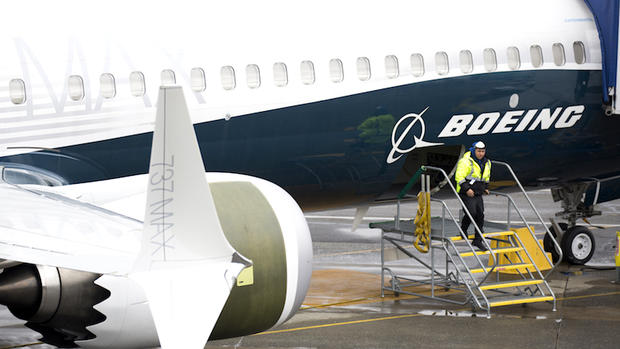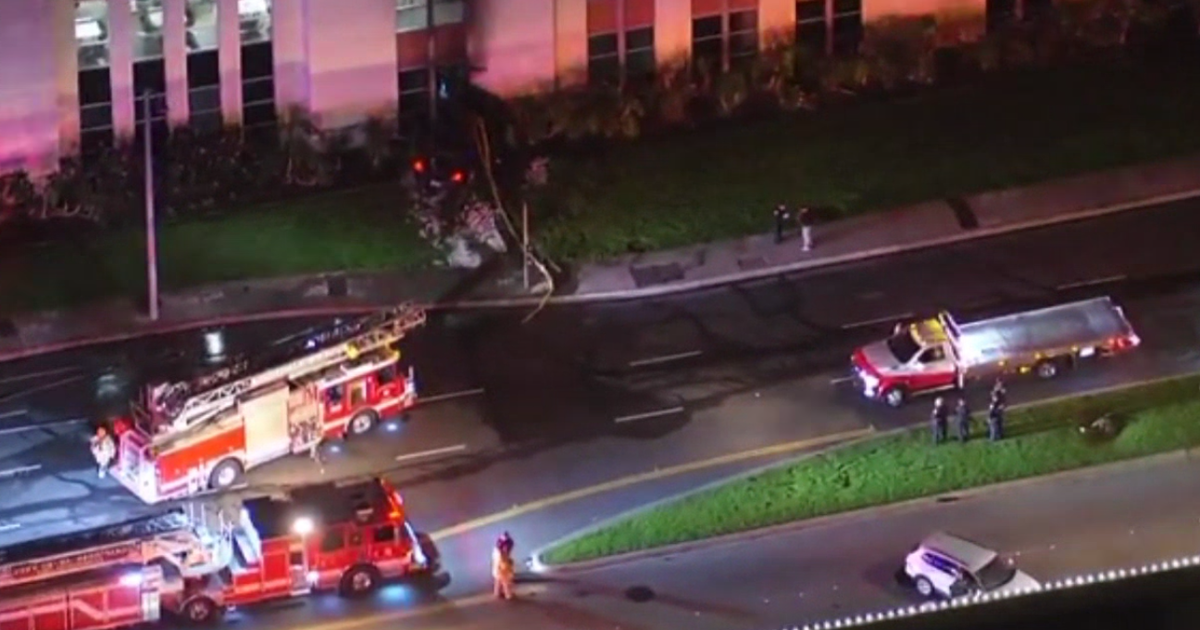Boeing Says Flight Control Software Updates On 737 Max Completed: 'Will Be One Of Safest Airplanes Ever To Fly'
CHICAGO (CBSDFW.COM/AP) - Boeing said Thursday it has finished with its updates to the flight-control software implicated in two deadly crashes involving its 737 Max, moving a step closer to getting the plane back in the sky.
Aviation regulators still have more questions about how pilots interact with the plane's controls under different circumstances and Boeing says it is providing that information.
The next major step is a certification flight with Federal Aviation Administration representatives on board. Boeing said Thursday that flight has not yet been scheduled.
Boeing tweeted Thursday afternoon, "We have completed development of the updated software for the 737 MAX, along with associated simulator testing and the company's engineering test flight."
"With safety as our clear priority, we have completed all of the engineering test flights for the software update and are preparing for the final certification flight," said Boeing Chairman, President and Chief Executive Officer Dennis Muilenburg. "We're committed to providing the FAA and global regulators all the information they need, and to getting it right. We're making clear and steady progress and are confident that the 737 MAX with updated MCAS software will be one of the safest airplanes ever to fly. The accidents have only intensified our commitment to our values, including safety, quality and integrity, because we know lives depend on what we do."
In addition, Boeing has developed enhanced training and education materials that are now being reviewed with the FAA, global regulators, and airline customers to support return-to-service and longer-term operations. This includes a series of regional customer conferences being conducted around the world.
In crashes in Indonesia in October and Ethiopia in March, an automated system called MCAS mistakenly turned the noses of the planes down in response to faulty readings from a single sensor. Pilots were unable to recover and 346 people died.
(© Copyright 2019 CBS Broadcasting Inc. All Rights Reserved. The Associated Press contributed to this report.)








